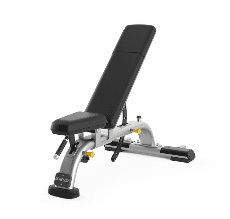A significant number of individuals across the United States and the United Kingdom are grappling with an enigma: unrelenting joint pain that comes and goes without an obvious cause. It’s easy to pin this discomfort on common culprits – overexertion during a workout, poor posture during a workday, or perhaps even the weather. However, the answer might be lurking in an unexpected corner of your life: your diet.
In our modern world, there’s an intensified focus on fitness and physique. The pursuit of lean muscle mass and weight loss has led many to adopt dietary approaches that lean heavily towards high protein intake. While protein is undeniably crucial for our health, the axiom “too much of a good thing” holds true. When it comes to protein, there’s a delicate balance to strike, and tipping the scales might have consequences you didn’t anticipate.
A dietary pattern that’s increasingly under the spotlight is the high protein, low carbohydrate approach. We’ve previously discussed the potential pitfalls of this diet, but it’s worth revisiting. The problem isn’t necessarily consuming a large amount of protein; rather, it’s the imbalance between protein and other nutrients. Our bodies require carbohydrates to process the protein we ingest, and a carbohydrate deficit in the face of high protein consumption can put undue stress on the kidneys. If you’ve noticed persistent joint pain following a protein-heavy meal or shake, it’s possible that your kidneys are bearing the brunt of your dietary choices.
If high protein consumption is a concern for you, it’s crucial to ensure that it’s balanced. Our bodies typically need more carbohydrates than protein, following what could be described as a 1-2-3 rule: 1 part fat, 2 parts protein, and 3 parts carbohydrates. For instance, if you’ve consumed 10 g of protein, your body would ideally need 15 g of carbohydrates and 5 g of fat to process it effectively. Also, if you’re ramping up your protein intake to gain muscle, never underestimate the importance of hydration. The secret to steering clear of protein-induced joint pain lies in balancing your nutrient intake and staying well-hydrated.
While protein plays a crucial role in our health and wellbeing, it’s important to remember that more isn’t always better. A well-rounded, balanced diet coupled with adequate hydration is the best recipe for maintaining your health and keeping those mysterious aches and pains at bay.











